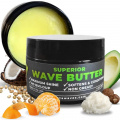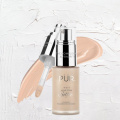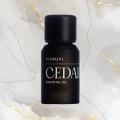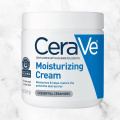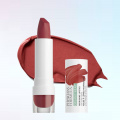The Best Diet for High Blood Pressure for Your Health
Manage hypertension by following a healthy diet & active lifestyle. DASH, the best diet for high blood pressure is key to maintaining optimal blood pressure.
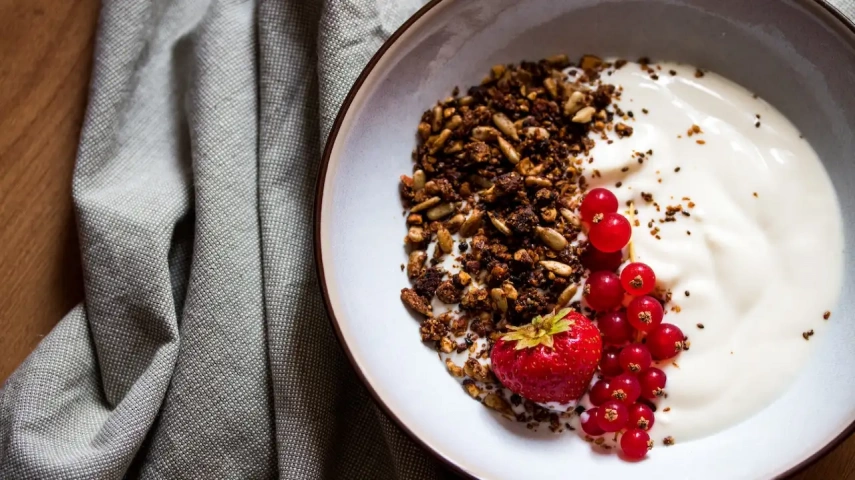
Feeling stressed and palpitation creeping up on you? You get the dreaded news that your blood pressure is on the higher side. Should you stress more? No. Instead, dietary changes and a healthy lifestyle will be your target from now on. Fortunately, certain diets such as the DASH - dietary Approaches to Stop Hypertension - diet may help you reach your fitness goals. As the global caseload is increasing each year, most fitness enthusiasts often look out for natural ways to bring their blood pressure under control. Alongside eating a nutritious diet, your healthcare provider may suggest you make certain lifestyle changes. Exercising and practicing meditation regularly may help reduce your risk of suffering several cardiac problems. So worry not and let us show you why the DASH diet is the best diet for high blood pressure.
Importance of diet for high blood pressure-
Eating a nutritious and right diet is crucial for maintaining optimal blood pressure levels and overall well-being. It fuels your body to carry out different sets of functions and protects against an array of health problems, including cardiac diseases. Foods that contain high amounts of sodium, unhealthy fats, and carbs may trigger hypertension in humans. Studies pinpoint that incorporating plant-based foods, whole grains, and low-fat dairy products may contribute to controlling hypertension. Also, limiting sodium intake within normal limits makes an effective way to manage blood pressure and maintain heart health. (1)
The Dietary Approaches to Stop Hypertension (DASH), especially when clubbed with limited sodium intake is often looked upon as the best diet for high blood pressure.
What is a DASH diet?
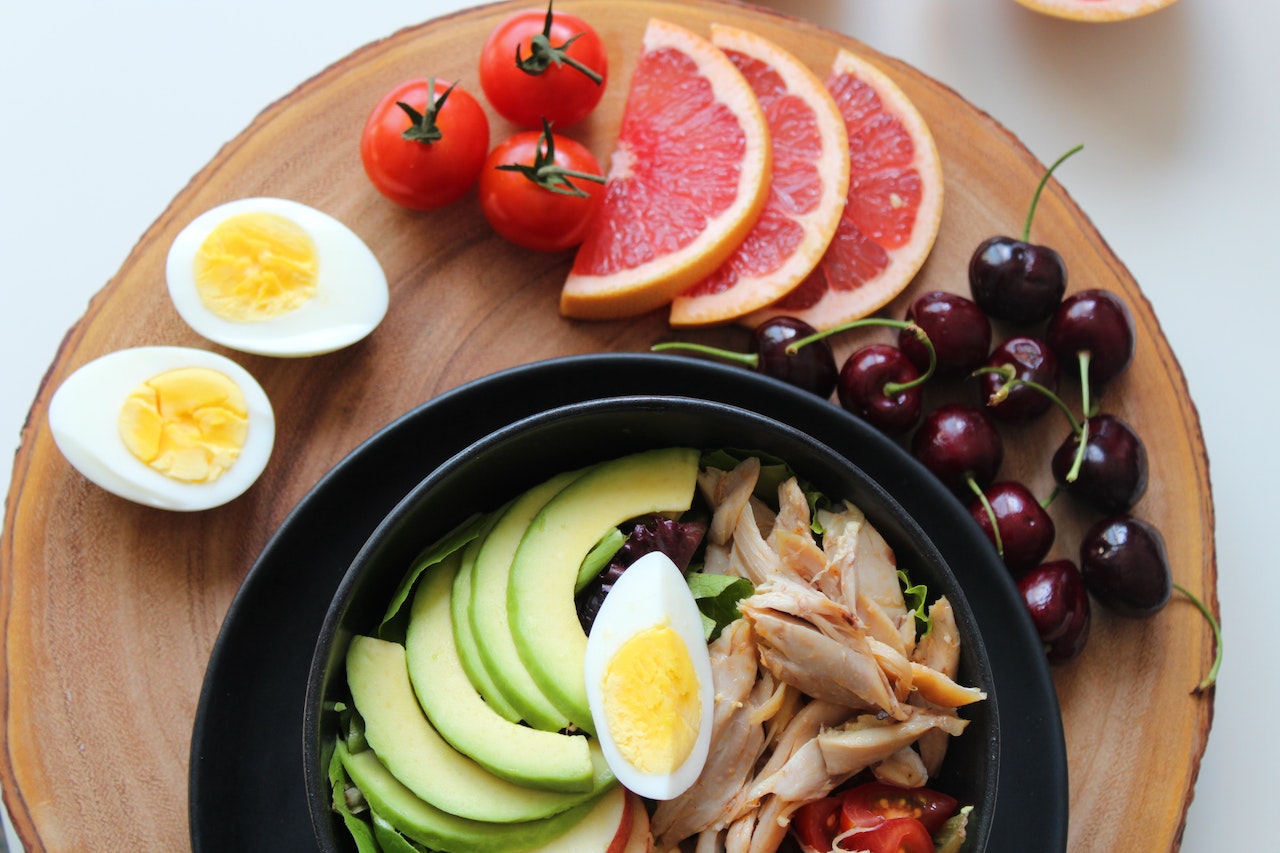
DASH - Dietary Approaches to Stop Hypertension - is a specially high blood pressure diet designed food plan to help manage or treat hypertension naturally. The typical DASH diet includes foods that are rich in three vital nutrients- potassium, calcium, and magnesium to help control blood pressure (BP). It has been observed that the diet improves cardiac health by “maintaining and “regulating blood pressure and reducing the dreaded low-density lipoprotein (LDL) levels in us. High blood pressure and uncontrolled levels of LDL or bad cholesterol make two common risk factors for heart diseases. Since the DASH diet focuses on regulating blood pressure and cholesterol levels, it makes an effective way to reach optimal heart health naturally and is the best diet for high blood pressure.
Which foods are best for managing high blood pressure?
High blood pressure adversely affects your overall health as well as your everyday performance. While certain medications including angiotensin-converting enzyme (ACE) inhibitors can help you with your hypertension; the real benefit comes when you include certain foods and consciously make healthy lifestyle changes that may bring down your blood pressure levels.
When you eat nutrient-dense foods rich in potassium and magnesium and drastically reduce your sodium intake, you tend to control your high blood pressure. (2)
Citrus fruits
Citrus fruits such as lemons, pomegranate, and grapefruit help you in maintaining your blood pressure levels. These are a storehouse of essential nutrients like vitamins, minerals, and other plant compounds that may help in lowering your blood pressure.
Grapefruits are a rich source of vitamin C, pectin fibers, and antioxidants. When you drink grapefruit juice regularly you tend to decrease both your systolic and diastolic blood pressure. (3)
Always include citrus fruit in salads or drink grapefruit juice regularly for a couple of weeks to control your hypertension.
Fatty fishes
Salmon or other fatty fishes such as Peruvian Anchovies make a rich source of Omega-3 fatty acids that are essential for optimal heart health. These crucial fatty acids may help lower blood pressure by lowering the levels of oxylipin (compounds that constrict blood vessels) and decreasing the inflammation in the body. (3)
Adding two servings of fatty fish to your diet for high blood pressure may help control hypertension.
Amaranth
Eating magnesium-rich whole grains like amaranth may help reduce blood pressure levels. A cup of cooked amaranth can fulfill 38% of your daily magnesium requirement. When you include whole grains into your lifestyle you may lower the risk of common heart problems. An 8% reduction in the risk of high blood pressure has been noticed when intake of whole grains is increased by 30 grams per day. Thus, including amaranth along with other whole grains makes an appreciable way to get the most out of the DASH- the best diet for high blood pressure. (5)
Carrots
The brilliantly colored, flavorful, and crunchy vegetable is a common kitchen staple. Carrots come brimming with chlorogenic, p-coumaric, and caffeic acids which are known for their vasodilating actions. Besides, these compounds may help reduce inflammation and lower blood pressure. (6)
Greek Yogurt
Greek yogurt is a dairy product made from cow’s milk that is strained to remove whey, thus contributing to its dense and thick consistency. The dairy product shares a rich nutrient profile and contains potassium and calcium- the two essential minerals that are known to lower blood pressure. (7)
Plant seeds
Plant seeds, especially Chia and flax seeds come brimming with dietary fiber and blood-pressure-lowering nutrients such as potassium & magnesium. Apart from regulating blood pressure levels, these fiber-rich seeds may help suppress appetite and manage the perfect body mass index (BMI).
Beetroot
Beetroot is densely packed with nutrients and making them a part of your diet to lower blood pressure may provide exceptional results. Beetroot and beet greens contain appreciable amounts of nitrates which pose a dilating action on the blood vessels and may help lower blood pressure.
As per a two-week study in 24 hypertensive people, it is found that consuming 250 ml of beet juice and eating 250 grams of cooked beetroot regularly for a couple of weeks resulted in reduced blood pressure. Interestingly, beet juice was found to have greater antihypertensive effects than cooked beetroot in this case. (8)
Beetroots make an inevitable part of the best diets for high blood pressure and offer an array of health benefits such as improved blood count, immunity, and better energy levels, alongside optimal blood pressure.
Salt-free seasonings
Adding seasonings to your salad bowls or snacks may make them flavorful, but many of the spice blends are high in sodium. Instead of using seasoning premixes, switching to homemade seasonings or salt-free salad dressings may help lower blood pressure. When you want to add flavors to your freshly-prepared bowl of soup, try to add some dried rosemary, oregano, and thyme instead of your regular salt. By limiting your sodium intake you may maintain optimal blood pressure.
Cinnamon
The humble and aromatic herb can offer a lot more than imparting spicy flavor to food, smoothies, and desserts. Cinnamon is known to contain anti-hypertensive properties. People who have consumed cinnamon and made the necessary lifestyle modifications, did experience a reduction in both of the systolic and diastolic hypertension. (9)
Sprinkle cinnamon powder on oatmeal, or add it to smoothies and salads to bring your blood pressure to optimal levels.
Broccoli
The cruciferous veggie is said to have numerous health benefits, including controlled blood pressure. Broccoli contains such natural substances as flavonoids and antioxidants which help in improving the functions of our blood vessels. This helps to lower your blood pressure. Besides, nitrates present in Broccoli help relax blood vessels. So include Broccoli in your diet and experience less blood pressure fluctuations compared. (10)
Lima Beans
Just like all beans, Lima beans come loaded with appreciable amounts of protein and potassium- a vital mineral that helps lower blood pressure. If you’re suffering from hypertension, tender lima beans make a great addition to a diet for high blood pressure. Lima beans can be best enjoyed as a part of a blood pressure diet by boiling them in water and grounding them along with other veggies to prepare a soup broth or simply adding them to a bowl of sprouts salad.
Spinach
Just like Broccoli, spinach too is loaded with nitrates. Spinach contains nutrients like potassium, calcium, and magnesium. They help you to maintain a normal level of blood pressure. Spinach’s high antioxidant profile is also said to lower inflammation and oxidative stress in the body. A scientific study of 27 people concluded that those who consumed spinach soup regularly for a week were found to experience a reduction in blood pressure (both SBP & DBP) as compared to those who consume asparagus soup with low-nitrate content. The consumption of spinach soup also helped in reducing arterial stiffness, which in turn lowers blood pressure and improves heart health. (11)
Oat bran
Oatmeal is a popular choice for breakfast. It’s yummy, healthy, and easy to prepare. But, do you know that oat bran can provide you with greater health benefits including blood pressure regulation? That’s right! Oat bran contains high amounts of soluble fiber which may help to lower your blood pressure and improve your digestive health. Regular consumption of oatmeal may help to reduce the bad cholesterol or LDL in your body, reducing the risk of heart issues.
It’s best to opt for minimally processed oats to reap the best health benefits. Also, ensure to keep it low-sodium to keep your blood pressure in control.
Tomatoes
These red relishes are full of nutrients which help your heart. Lycopene and potassium, both of which reduce the risk of heart diseases.
A review of 21 scientific studies highlights that consuming tomatoes more often may help lower the risk of heart disease and mortality due to cardiovascular problems. It is concluded that lycopene in tomatoes helped in the reduction of bad or LDL cholesterol and systolic blood pressure in humans.
Thus, including tomatoes in your salad bowls, main course meals or soups may help control hypertension. (12)
Potatoes
The humble potato has got a bad rap for its caloric and starchy contents. But, when cooked precisely and carefully, it can render several health benefits including blood pressure regulation. Thanks to its high potassium profile. Potassium plays a crucial role in maintaining optimal blood pressure levels and the low amounts of sodium in potatoes also make it a superfood with cardioprotective properties.
Besides, potatoes are rich in dietary fiber and are fat-free. Potatoes make a wonderful addition to the best diet for high blood pressure and you can include them in your diet in baked or boiled form.
Berries
Berries are delicious and incorporating berries such as strawberries, blueberries, and chokeberries, etc. in your diet may help manage blood pressure. Berries are full of antioxidants and anthocyanins that are known uplifters of nitric oxide in your blood and restrict the production of compounds that constrict your blood vessels. (13)
Bananas
This popular, commonplace fruit stores potassium, which helps us in maintaining the ideal blood pressure. These low-sodium and easy-to-peel fruits make an appreciable ingredient for the best diet for high blood pressure. Also, bananas contain high amounts of dietary fiber that renders a fuller feeling and helps you avoid binging on unhealthy foods.
Pistachios
Pistachios are filled with valuable nutrients and their consumption reduces blood pressure. Potassium in nuts is linked with improved heart health and has anti-hypertensive properties.
Scientific studies pinpoint that amongst all the nuts reviewed in the study, Pistachio is found to have the strongest effect on blood pressure levels. (14)
Dark chocolate
Dark chocolate comes enriched with flavonoids, a type of antioxidant that is known to reduce blood pressure, suggests AHA.
However, a person may not be able to consume enough flavonoids from dark chocolate to get desired or significant results. It's best to include a small piece of dark chocolate without added sugar into your diet for high blood pressure to keep your blood pressure under control.
Garlic
Garlic, the flavorful and tuberous veggie is known for its antibiotic and antifungal properties. A 2020 review study concluded that garlic, especially Kyolic garlic when consumed regularly may reduce blood pressure, arterial stiffness, and bad cholesterol levels. (12)
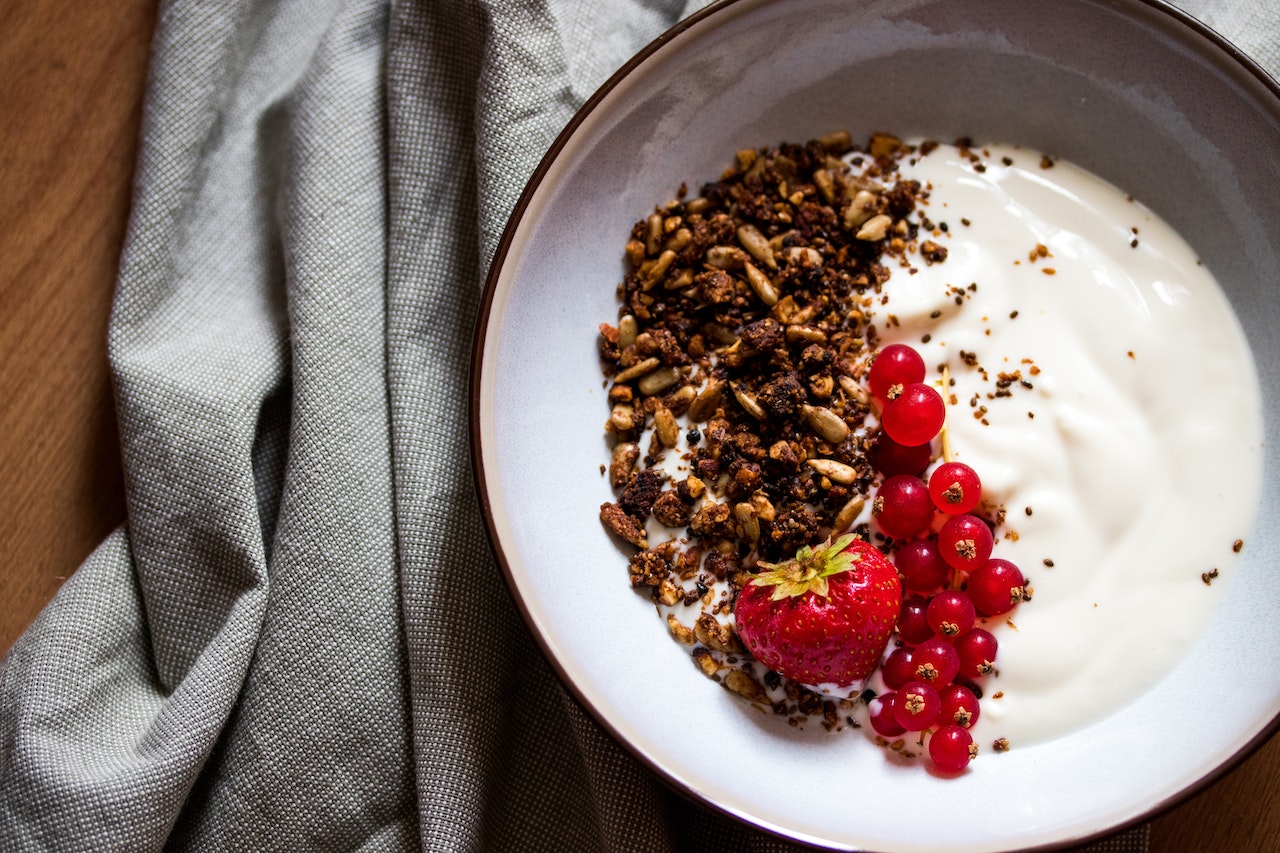
Foods you should avoid in high blood pressure-
While the above-mentioned foods may help control hypertension, certain foods may impact your BP negatively. Here are a few foods to avoid for people with high blood pressure-
- Red meat
- Refined sugar
- Processed desserts
- High-sodium or salty foods
- Jams and jellies with added sugar
What are the other ways to control blood pressure?
Undoubtedly, diet plays a crucial role in maintaining optimal blood pressure. But, making certain lifestyle changes when combined with the DASH diet may help you achieve greater health benefits. Here are a few tips you can follow to achieve optimal blood pressure levels-
- Quit smoking
- Manage stress
- Exercise regularly
- Limit alcohol intake
- Get a good night’s sleep
- Maintain healthy body weight
What are the symptoms of high blood pressure?
What we generally call as high blood pressure is nothing but a health condition in which the pressure in your blood vessels ranges too high (ie. 140/90 mmHg or higher). The common symptoms of high blood pressure include-
- Nausea
- Anxiety
- Dizziness
- Chest pain
- Nosebleeds
- Blurred vision
- Buzzing in the ears
- Frequent headaches
- Abnormal heartbeat
Conclusion
Hypertension or high blood pressure is a common health problem that affects millions of people every year, globally. Along with other lifestyle modifications, following the best diet for high blood pressure - DASH diet - may help lower blood pressure.
As per various studies, consuming nutritious foods such as green leafy vegetables, citrus fruits & berries, nuts, oily fishes, lentils, beans, and carrots may be helpful in the management of hypertension. Also, being physically active, getting proper sleep, and following healthy lifestyle practices make effective tools to manage hypertension. Making these natural remedies a part of your daily routine may help you to maintain optimal blood pressure for a healthy living.
Sources
1. The role of magnesium in hypertension and cardiovascular disease
https://pubmed.ncbi.nlm.nih.gov/22051430/
2. Role of Dietary Components in Modulating Hypertension
https://www.ncbi.nlm.nih.gov/pmc/articles/PMC4857880/#R26
3. Whole blood omega-3 fatty acid concentrations are inversely associated with blood pressure in young, healthy adults
https://www.ncbi.nlm.nih.gov/pmc/articles/PMC6085127/
4. Drinking carrot juice increases total antioxidant status and decreases lipid peroxidation in adults
https://www.ncbi.nlm.nih.gov/pmc/articles/PMC3192732/
5. Dietary Calcium Intake and Hypertension: Importance of Serum Concentrations of 25-Hydroxyvitamin D
https://www.ncbi.nlm.nih.gov/pmc/articles/PMC6521038/
6. Improvement of hypertension, endothelial function and systemic inflammation following short-term supplementation with red beet (Beta vulgaris L.) juice: a randomized crossover pilot study
https://pubmed.ncbi.nlm.nih.gov/27278926/
7. EFFICACY OF CINNAMON CONSUMPTION FOR REDUCING BLOOD PRESSURE IN ADULT HYPERTENSIVE MALES
8. FRUIT AND VEGETABLE CONSUMPTION AND THE INCIDENCE OF HYPERTENSION IN THREE PROSPECTIVE COHORT STUDIES
https://www.ncbi.nlm.nih.gov/pmc/articles/PMC5350612/
9. Effect of Spinach, a High Dietary Nitrate Source, on Arterial Stiffness and Related Hemodynamic Measures: A Randomized, Controlled Trial in Healthy Adults
https://www.ncbi.nlm.nih.gov/pmc/articles/PMC4525132/
10. Potential Factors Influencing the Effects of Anthocyanins on Blood Pressure Regulation in Humans: A Review
https://www.ncbi.nlm.nih.gov/pmc/articles/PMC6628116/
11. The effect of tree nut, peanut, and soy nut consumption on blood pressure: a systematic review and meta-analysis of randomized controlled clinical trials
https://academic.oup.com/ajcn/article/101/5/966/4577579
12. Garlic lowers blood pressure in hypertensive subjects, improves arterial stiffness and gut microbiota: A review and meta-analysis
https://www.ncbi.nlm.nih.gov/pmc/articles/PMC6966103/
13. Effect of Egg Consumption on Blood Pressure: a Systematic Review and Meta-analysis of Randomized Clinical Trials





 JOIN OUR WHATSAPP CHANNEL
JOIN OUR WHATSAPP CHANNEL




































